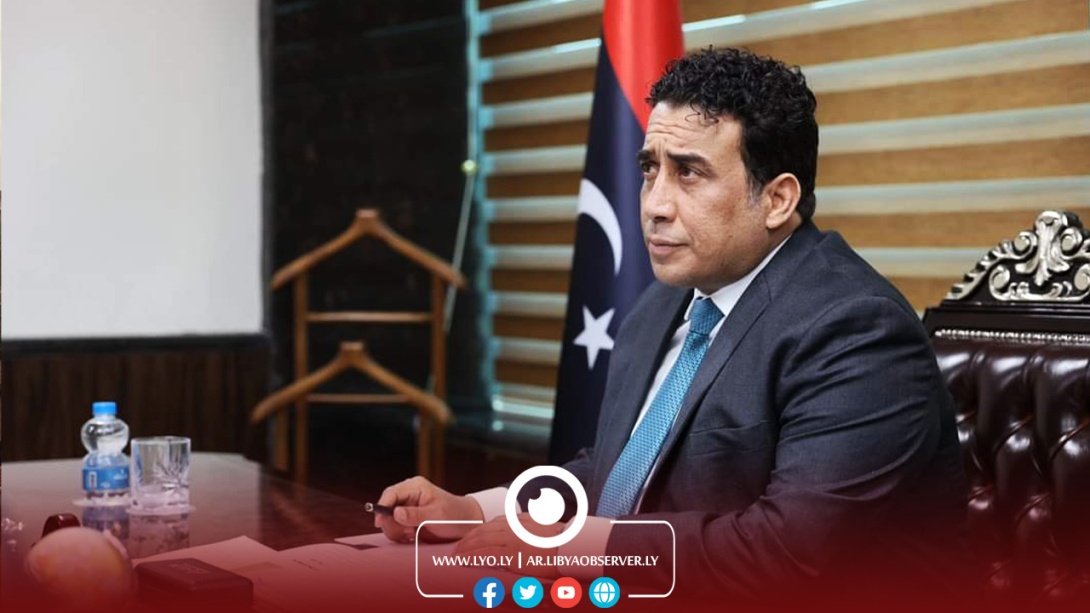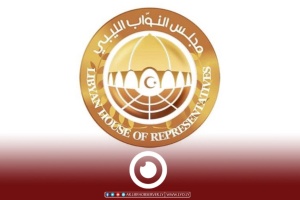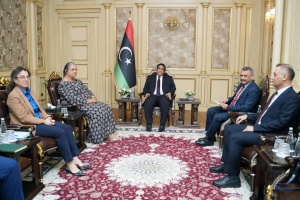The Presidential Council requested the acting UN envoy Stephanie Koury to provide evidence of the validity and availability of a legal quorum in the House of Representatives' (HoR) session in which the new governor and his deputy were elected.
The Presidential Council called in a letter to Koury to refer a detailed report attached to the electronic signature sheet for the session to elect the governor of the Central Bank of Libya and his deputy to determine whether or not the quorum of two-thirds was available in the event that observers were sent to the HoR session.
The Presidential Council's correspondence said that in the event that the mission did not participate as observers, the reasons should be specified; so that the Presidential Council can take the necessary measures locally and internationally. It also requested setting a date for the next round of dialogue between members of the HoR and the High Council of State as well as the representative of the Presidential Council to determine ways to cancel all unilateral decisions from all institutions and the jurisdiction to form the Board of Directors of the Central Bank.
On September 28, the advisor to the President of the Presidential Council, Ziyad Daghim, requested the acting UN envoy to participate as an observer in the HoR's session to appoint a governor for the Central Bank to ensure integrity. Daghim asked Koury to attend the public session to ensure the implementation of the second paragraph of the “Central Bank Agreement” related to the appointment of the governor and his deputy according to Article 15 of the political agreement, within one week of signing the agreement.
Daghim said in his letter to UNSMIL that the internal regulations of the parliament are governed by Law No. 4 of 2014, adding that the quorum for the session is an absolute majority; that is, 84 members out of 164 valid members of parliament.
He also stressed that electing the governor required a public and private session and not a “closed” one according to the law. Daghim considered that appointing the governor requires the approval of two-thirds of the members, i.e. 108 representatives, which is the constitutional majority specified in Article 15 of the political agreement included in the Constitutional Declaration, pursuant to Amendment 11 issued in 2018.








